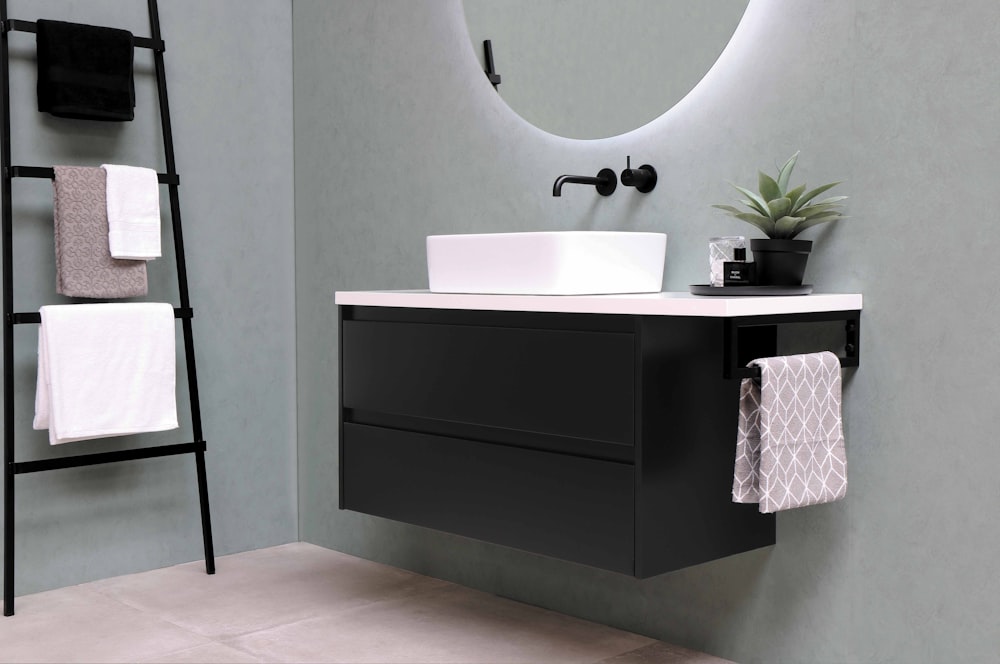Effective Sink Declogger: Unclog Drains Quickly
Introduction
Let’s dive into the world of sink decloggers and explore effective ways to unclog drains quickly. Whether you’re dealing with a stubborn kitchen sink or a slow bathroom drain, there are various methods and products available to help you tackle the problem efficiently.
Understanding Sink Clogs
Before we delve into the solutions, it’s essential to understand what causes sink clogs. Common culprits include food particles, grease, hair, soap scum, and mineral build-up. These substances can accumulate in your pipes over time, leading to blockages and slow drainage.
DIY Sink Declogger Methods
One of the simplest and most cost-effective ways to unclog a sink is by using DIY methods. Pouring hot water down the drain can help dissolve grease and loosen debris. Baking soda and vinegar are also effective natural cleaners that can break down clogs and freshen your pipes.
Chemical Sink Declogger Products
For more stubborn clogs, chemical sink decloggers can be effective. These products typically contain strong ingredients that dissolve organic matter and break up blockages. However, it’s essential to use them carefully and follow the manufacturer’s instructions to avoid damage to your pipes.
Mechanical Sink Declogger Tools
If DIY methods and chemical products don’t do the trick, mechanical sink declogger tools can come to the rescue. Plungers are a classic tool for clearing sink clogs, as they create pressure to dislodge blockages. Drain snakes or augers can also be used to reach deeper clogs and break them apart.
Professional Sink Declogger Services
For persistent or complex sink clogs, it may be necessary to call in professional sink declogger services. Plumbing experts have specialized tools and equipment, such as hydro-jetting machines, that can blast away tough clogs and clean your pipes thoroughly. They can also inspect your plumbing system for underlying issues that may be causing recurring clogs.
Preventive Maintenance Tips
Once you’ve unclogged your sink, it’s essential to practice preventive maintenance to avoid future clogs. Regularly clean your drains with hot water and natural cleaners, avoid pouring grease or food scraps down the drain, and use drain screens to catch hair and debris. These simple steps can help keep your sinks running smoothly.
Choosing the Right Sink Declogger
When selecting a sink declogger, consider factors such as the type of clog, the severity of the blockage, and the material of your pipes. Natural and DIY methods are suitable for minor clogs and regular maintenance, while chemical products and mechanical tools are better suited for tougher clogs.
Safety Precautions
When using sink decloggers, always prioritize safety. Wear gloves and eye protection, especially when handling chemical products. Keep children and pets away from declogging activities, and never mix different types of cleaners, as they can produce hazardous fumes.
Environmental Considerations
For environmentally conscious individuals, there are eco-friendly sink declogger options available. Look for products that are biodegradable, non-toxic, and safe for septic systems. Natural cleaners like baking soda, vinegar, and enzyme-based decloggers are gentle on the environment and effective at clearing drains.
Conclusion
With the right knowledge and tools, unclogging a sink can be a manageable task. Whether you opt for DIY methods, chemical products, mechanical tools, or professional services, addressing sink clogs promptly can prevent further damage to your plumbing system and ensure smooth drainage in your home. Read more about sink declogger

